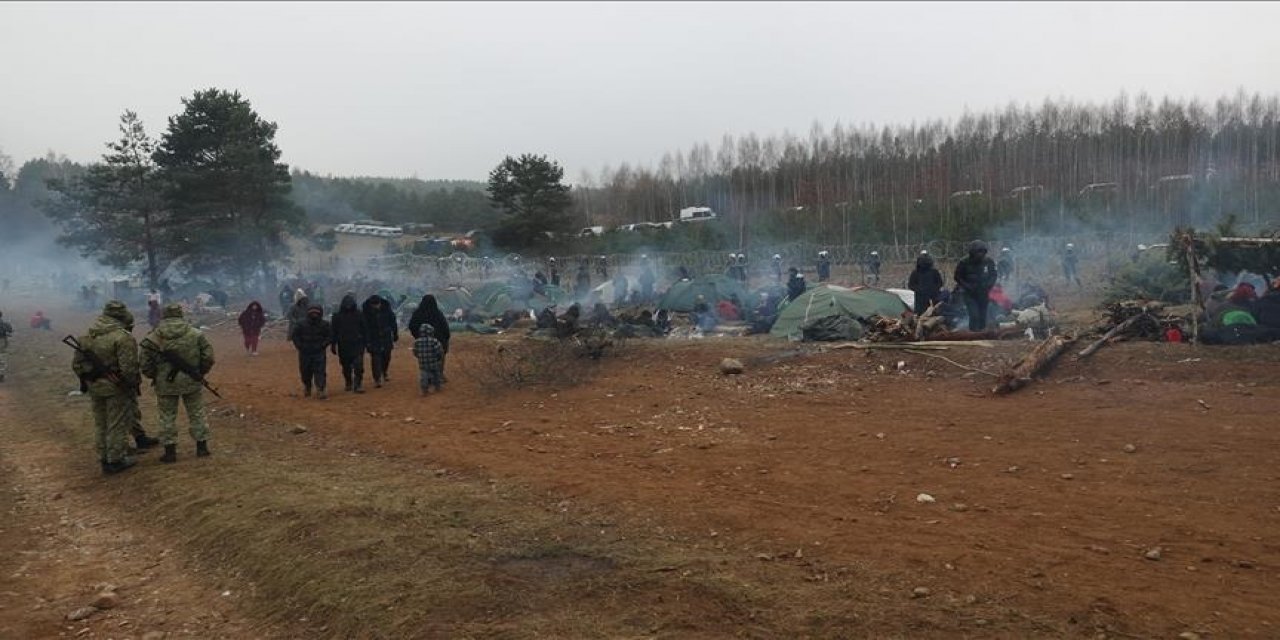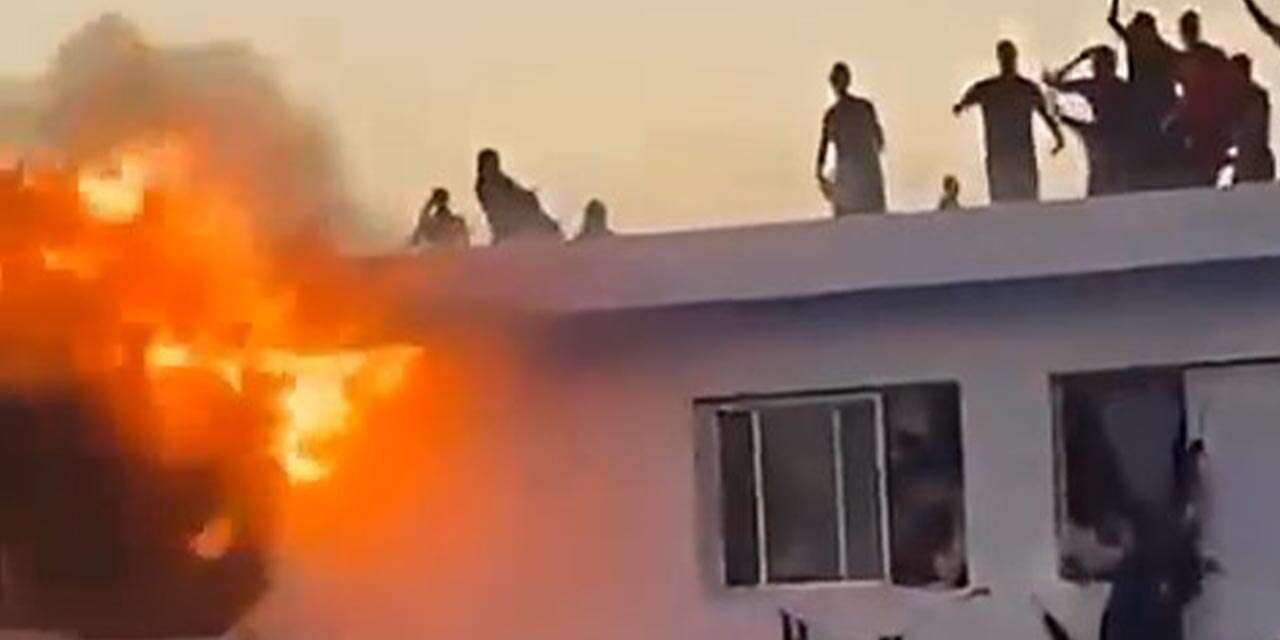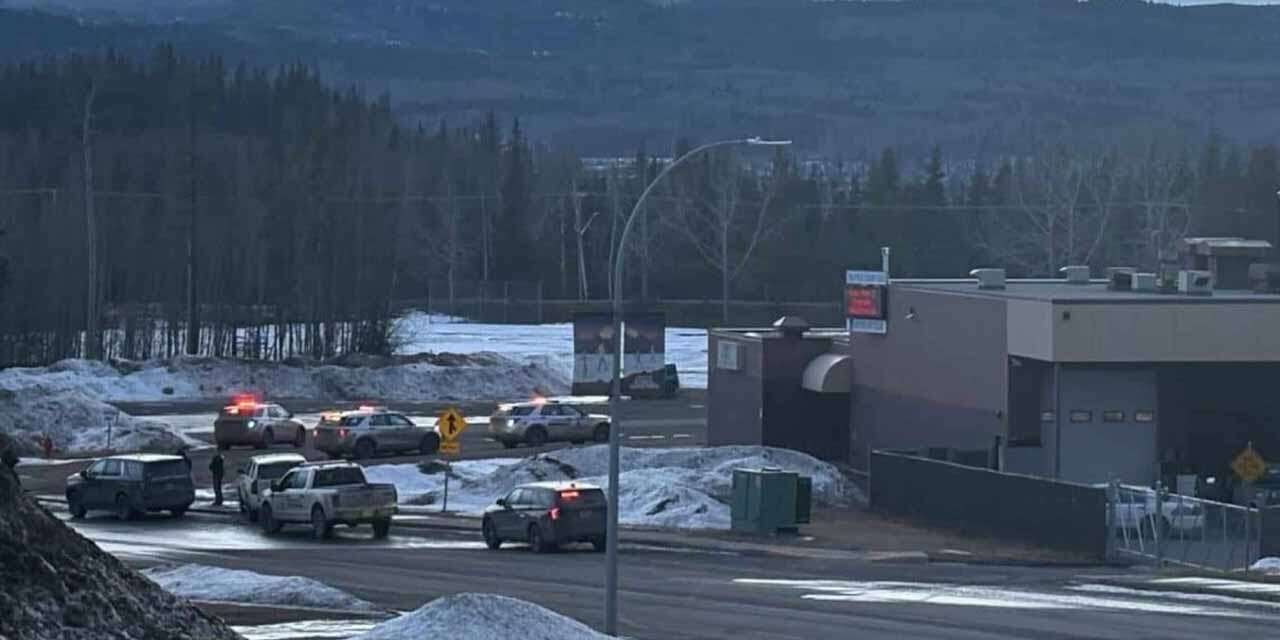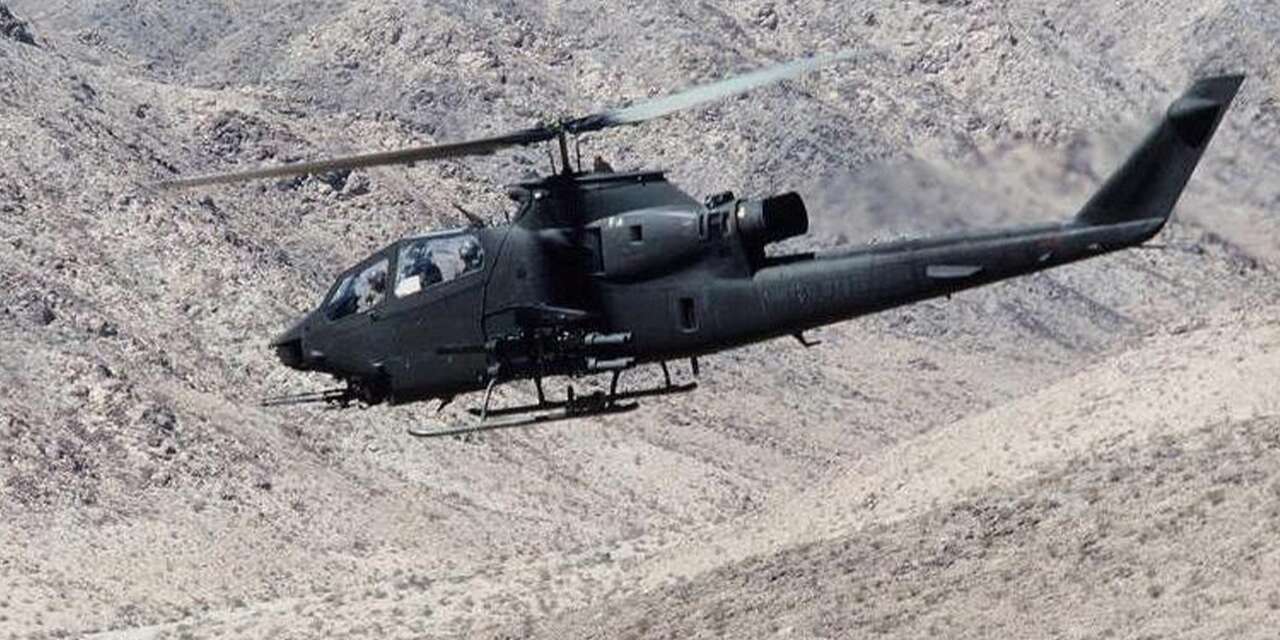Tensions mount between Belarus, West over migrant crisis on Polish border
Latest situation is culmination of mostly tense relations between two sides

Tensions between Belarus and the West have reached an all-time high due to the migrant crisis on the country’s border with Poland.
Following the collapse of the Soviet Union in 1991, Belarus declared its independence and has since then been of interest to Russia and Europe due to its geopolitical position.
Criticizing the administration of Belarusian President Aleksandr Lukashenko, the European Union first suspended bilateral relations and halted international assistance to Belarus in 1997, citing a 1996 referendum that allowed Lukashenko to extend his time in office and expand his powers.
Since then, the US has imposed sanctions against Lukashenko and other state officials at regular intervals.
Relations between Belarus and the EU and US had improved until two years ago as Lukashenko's government loosened some restrictions on political and civil society activity.
Belarus, which is highly dependent on Russia in terms of energy and its economy, drew closer to the West and the West lifted some sanctions as a result.
Ties strained again
However, before presidential elections in Belarus on Aug. 9 last year, ties between the country and the West started becoming strained again.
Belarusian presidential candidate and blogger Sergei Tikhanovsky was found guilty of organizing street protests that would disrupt order before the elections and presidential candidate Viktor Babaryko, a former banker, was found guilty of money laundering and sentenced to 14 years in prison. Tikhanovsky’s wife, Svetlana Tikhanovskaya, was nominated to replace Tikhanovsky.
Protests against the results began even before polls closed and the police intervened harshly.
Western sanctions
Incumbent President Lukashenko won the elections.
The EU, US, UK and other Western countries declared that they did not recognize the results, claiming the elections were rigged.
Illegal demonstrations in the country that lasted for days were organized under the leadership of Tikhanovskaya, who later fled to Lithuania. Other dissidents fled to Poland, where a headquarters for the opposition was established with the support of the state.
Apart from claims of a rigged election, the EU also said there was pressure on the opposition in Belarus and started imposing sanctions on this country.
Travel restrictions were imposed on some state officials, including Lukashenko, along with the freezing of their assets while sanctions were also imposed on state companies.
EU countries also closed their airspace to Belarusian airlines following an incident on May 23 this year in which a Ryanair passenger plane that was flying from Athens to Vilnius was diverted and forced to land in the Belarusian capital Minsk on the pretext of a bomb threat and Belarusian dissident journalist Roman Protasevich, who was on board the flight, was removed and detained.
Belarus suspends readmission agreement with EU
In a speech on July 6, Lukashenko said that after the Western attitudes towards Russia and Belarus, they can no longer accept people fleeing war.
He said they would not hold anyone back, adding: “We are not their final destination after all. They are headed to enlightened, warm, cozy Europe.”
In October, Belarus suspended an agreement with the European Union obliging the country to take back migrants that crossed its territory and into the EU.
The EU accuses the Belarusian administration of "using irregular migration as a tool" and "trying to destabilize the EU" by sending migrants to the borders of EU countries Poland, Lithuania and Latvia.
Belarus, Russia
In the face of these pressures from the West, Belarus turned to Russia in order to get out of the economic bottleneck.
Belarus accelerated the process of a "State of the Union" with Russia. The agreement on the "Russian-Belarusian Union State" structure, which removes the borders between the two states and ensures economic and social integration, was signed in 1997 and entered into force in 2000.
On Nov. 4 this year, Russian President Vladimir Putin and President Lukashenko signed a decree ratifying the program of the Union State of Russia-Belarus.
The union state program road map consists of 28 points, including coordination on macroeconomic and monetary and credit policies as well as having common policies on industry, agriculture and energy.
Putin and Lukashenko also approved the "Military Doctrine of the Union State."
Belarus, EU
Shortly after the two leaders signed the agreements, on Nov. 8, over 2,000 migrants
trying to cross from Belarus to Poland while seeking to immigrate to Europe reached the border.
Polish authorities announced that they would not allow them to enter the country and would send those who managed to enter back to Belarus.
The presence of a large number of people seeking immigration to Europe on the Belarus-Polish border increased tensions between the two countries.
Belarus accused Poland of not providing humane treatment to people seeking to emigrate to Europe while the Polish administration accused Belarus of using these people as a political tool.
The EU accused the Belarusian government of "using immigrants and encouraging them to go to EU borders.”
European Commission President Ursula von der Leyen called on EU member states to approve an expanded sanctions regime against Belarusian officials following the border crisis.







Türkçe karakter kullanılmayan ve büyük harflerle yazılmış yorumlar onaylanmamaktadır.